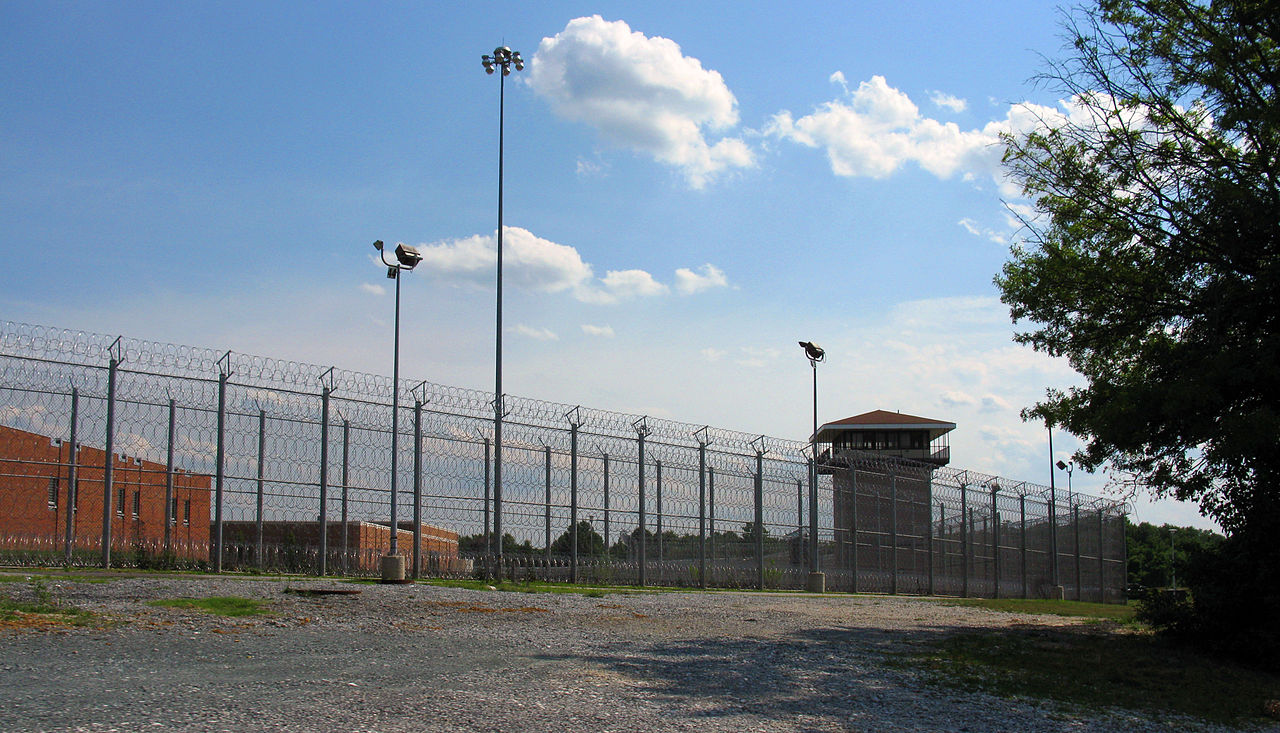Views expressed in opinion columns are the author’s own.
The United States is the only country in the world that sentences children to life in prison without parole. Recent Supreme Court cases give hope for change, but over 2,000 Americans are currently serving life sentences for crimes committed as juveniles. The state of Maryland technically allows the release of juveniles serving life sentences, but we have not released one in 20 years. No juvenile offender should ever be given a life sentence, but for those already in prison, we must provide a real opportunity for parole.
Before examining the parole requirements, it’s important to understand the context of this imprisoned population. The Sentencing Project conducted a survey of juveniles serving life sentences and found painful, but unsurprising, results. Seventy-nine percent witnessed violence in their homes regularly and about half reported physical abuse (that number jumps to 80 percent for girls).
[Read more: Progressives must stop ignoring prisoners’ rights]
Additionally, according to a Sentencing Project report, “Research on adolescent brain development confirms the commonsense understanding that children are different from adults in ways that are critical to identifying age appropriate criminal sentences.” To put someone under the age of 18 in prison for life is a cruelty based in scientific ignorance.
Some also argue that a crime may be heinous enough to warrant treating a teenager as an adult. But horrible acts by teenagers never demonstrate maturity; if anything, they show a lack of development. Proponents of this idea would also have us believe that some juveniles are definitively beyond the possibility of rehabilitation and deserve a lifetime of punishment. But kids who commit crimes need our help, not a jail cell.
Turning to Maryland’s system, we see that juveniles sentenced to life in prison have almost no hope for release. Inmates serving life sentences must wait 15 years before applying for parole. At that point, parole commissioners review the record and notify victims before making a recommendation to the governor. Maryland is one of only three states that require the governor’s signature for parole. Under this policy, our state has not granted parole to a single person. Gov. Hogan should undo this unjust rule that puts human lives at the mercy of politicians’ whims.
Unfortunately, on Feb. 9, Hogan signed an executive order to formalize his process of parole review. This act did nothing to change the current parole system and reinforced his role in judging rehabilitation. American Civil Liberties Union attorney Sonia Kumar pointed out that Hogan’s order is full of “primarily hollow, self-serving language that doesn’t fix the long-standing constitutional deficiencies of Maryland’s parole scheme.” There can be no acceptable standard for rehabilitation and release if the decision rests in the hands of Hogan.
[Read more: The University of Maryland should divest from the prison-industrial complex]
Right now, there are four cases before the Maryland Court of Appeals that could change our parole system. As the judges wrestle with the role of the judiciary, it is up to our governor and legislators to take action. They must make it harder to sentence juveniles and easier to parole those already behind bars. But it also must be said that injustice goes much deeper than parole regulations.
Our nation’s criminal justice system is rotten to the core. The idea of locking people up to improve society is cruel and counterproductive. In practice, our system disproportionately affects people of color and perpetuates historic oppression. We need systemic change that puts restorative justice above our lust for revenge. As we pursue these changes, we must also work to free those already in the system.
Right here in Maryland, juvenile offenders are spending the entirety of their adult lives in prison.
To fix this problem and dismantle the prison-industrial complex, we need a shift in values. We need to see troubled youth as victims, not criminals. We need to see life in prison as cruel and unusual punishment. We need to make parole about the best interests of the imprisoned, not of the governor.
When a young person commits a terrible crime in our state, it might be tempting to distance ourselves from the pain. It is easy to frame a violent teenager as a random anomaly, a monster to be locked away. It is much harder to reckon with our society that shaped them, to consider what it will take to rehabilitate that person and heal their community, to help them imagine a better future. But until we do this work, we cannot call our juvenile system one of justice.
Jack Lewis is a senior government and politics major. He can be reached at jlewis20@umd.edu



